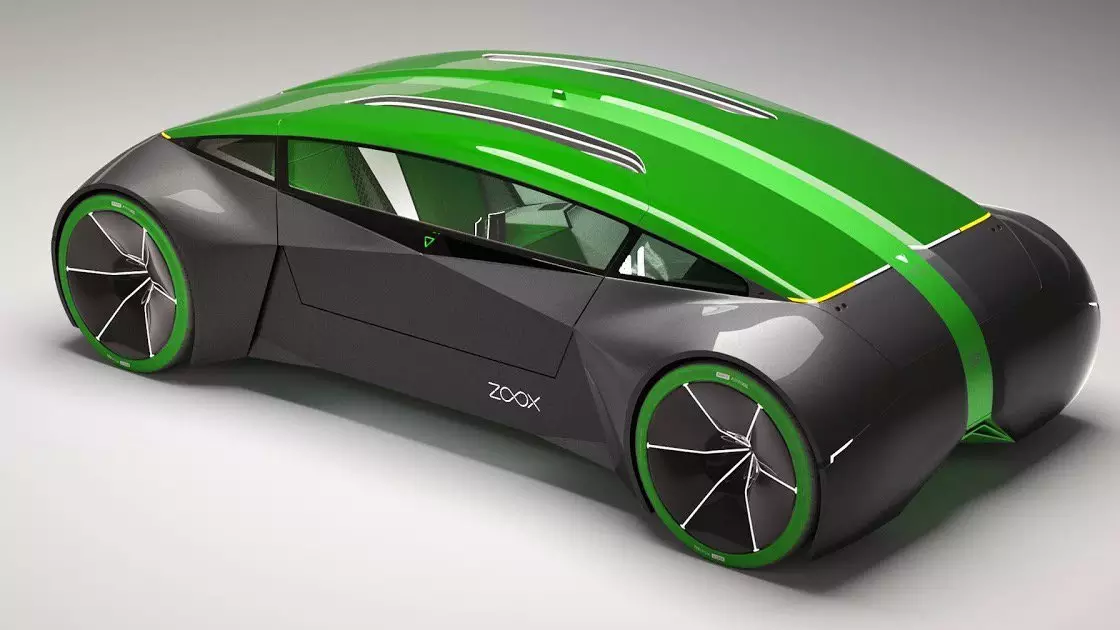Aurora's manifesto is worth a read
Submitted by brad on Tue, 2018-09-04 17:13
I rarely just link to another story, but today I will point all to Aurora's post on its development philosophy. I think it contains some important lessons for all in the field.




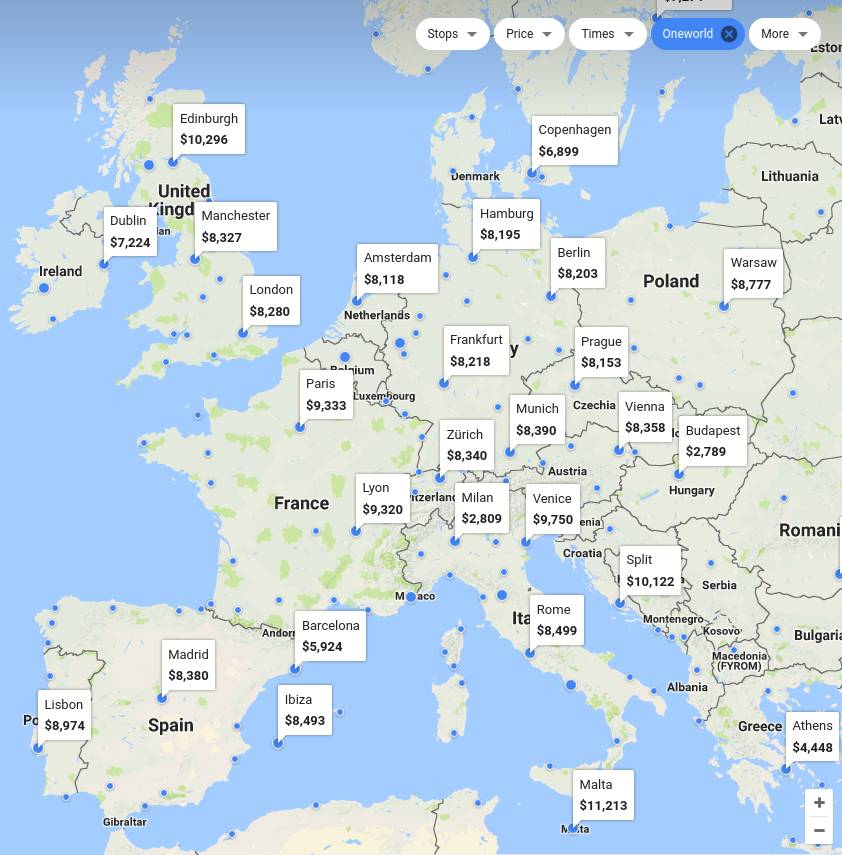
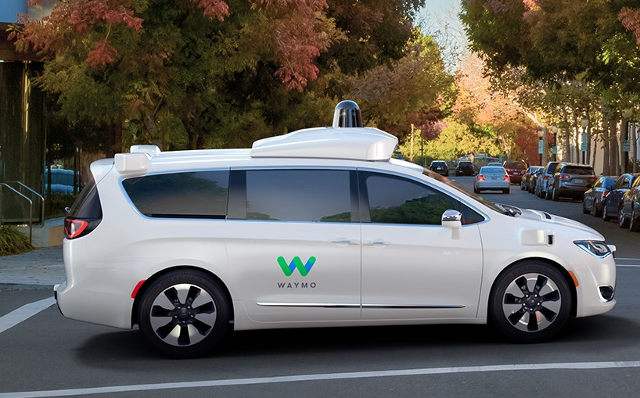
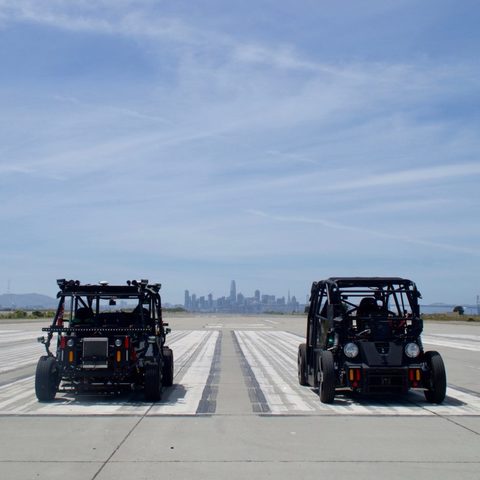


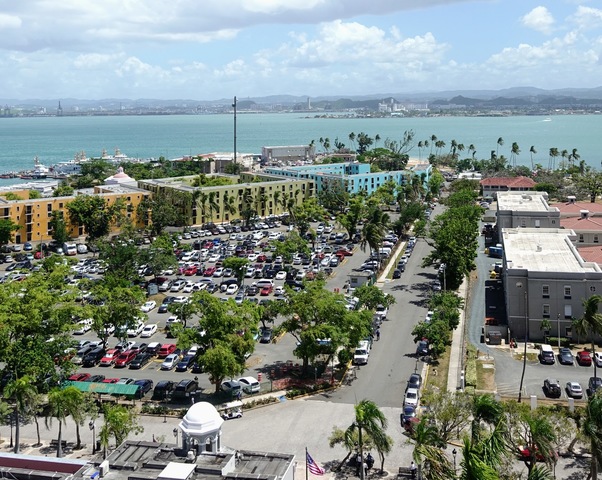
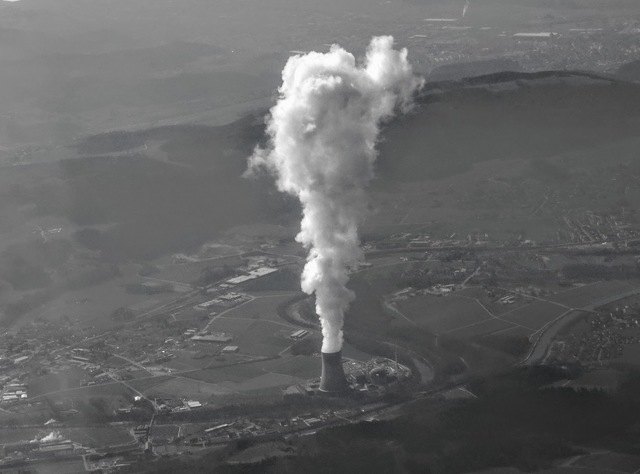 I and many others feel the best way to set urban and transportation policy is to properly price in the "externalities" into our travel, and to remove all other penalties and subsidies. If you can do this, then everybody is incentivized to improve the public good. In particular, entrepreneurs and companies are motivated this way, and it's their job to think of the new things nobody else thought of.
I and many others feel the best way to set urban and transportation policy is to properly price in the "externalities" into our travel, and to remove all other penalties and subsidies. If you can do this, then everybody is incentivized to improve the public good. In particular, entrepreneurs and companies are motivated this way, and it's their job to think of the new things nobody else thought of.

 Recently the TSA indicated it is once again considering
Recently the TSA indicated it is once again considering  When I get off planes in San Francisco and summon a Lyft or Uber, I usually have to wait 8 to 10 minutes. That's because the airport has forced these companies to force drivers to wait in the "cell phone waiting lot" which is quite far from the terminal. When I don't have checked bags, it's OK because I know this and I summon the car while walking out of the gate, but with bags I have to wait for my bag before I can summon.
When I get off planes in San Francisco and summon a Lyft or Uber, I usually have to wait 8 to 10 minutes. That's because the airport has forced these companies to force drivers to wait in the "cell phone waiting lot" which is quite far from the terminal. When I don't have checked bags, it's OK because I know this and I summon the car while walking out of the gate, but with bags I have to wait for my bag before I can summon. Tesla started mainly using MobilEye's vision chip, but that relationship ended after the first fatality. They have since been using NVIDA GPUs in Autopilot 2.0 and now plan to use their own ASIC.
Tesla started mainly using MobilEye's vision chip, but that relationship ended after the first fatality. They have since been using NVIDA GPUs in Autopilot 2.0 and now plan to use their own ASIC.

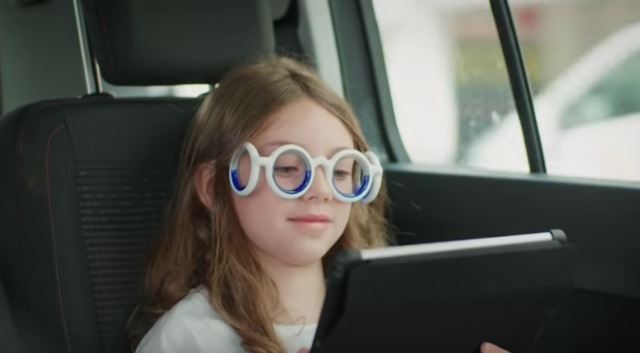 For a lot of people, being a passenger in a car can easily lead to motion sickness, particularly if they try to do something like looking down to read a book or stare at a phone. Not everybody gets this, but it's enough to be a big issue for the robocar world. Drivers usually don't feel this much, but in the robocar world, everybody's a passenger.
For a lot of people, being a passenger in a car can easily lead to motion sickness, particularly if they try to do something like looking down to read a book or stare at a phone. Not everybody gets this, but it's enough to be a big issue for the robocar world. Drivers usually don't feel this much, but in the robocar world, everybody's a passenger.